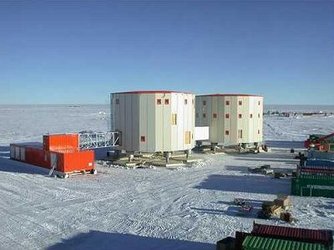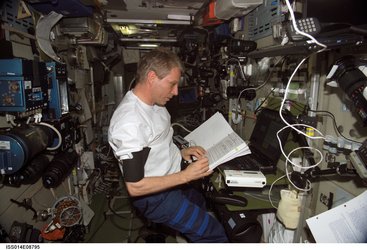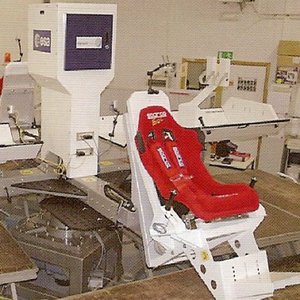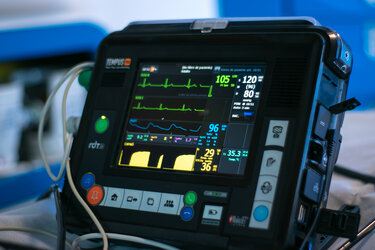Healthcare for each and every body
Ever wondered why your friend appears to gain muscle by simply thinking about weightlifting while you spend hours in the gym? It could be down to individual differences in body type and genetic makeup, and it is an area ESA researchers are eager to explore.
The differences in how each person’s body responds to the same diet, exercise or drug or radiation treatment is known as ‘inter-individual variability’ and it is a hot topic in medicine.

Members of ESA’s Space Medicine team at ESA’s European Astronaut Centre (EAC) in Cologne, Germany, believe certain differences between people may contribute to why some astronauts experience greater issues than others in space or upon their return to Earth. By better understanding these underlying factors, experts could develop personalised medicine to optimise healthcare – an approach that may be just as effective in space as on Earth.
Humans first, astronauts second
Science operations engineer at ESA Tobias Weber is one of three researchers leading the study alongside David Green and Jonathan Scott. He says, like anyone else, astronauts are susceptible to the effects of inter-individual variability.
“Just as you might be able to eat as much as you like without gaining weight while your friend has to watch their diet carefully, the way in which astronauts respond to microgravity and the measures designed to reduce the impact of life in space differs from person to person,” he explains.
“Knowing more about the factors that determine this will help us provide better and more individualised health and wellbeing programmes for our astronauts as they fly beyond low Earth orbit to the Moon and perhaps even Mars. These insights can also be used to tailor healthcare for people on Earth.”
Exploring downplayed data
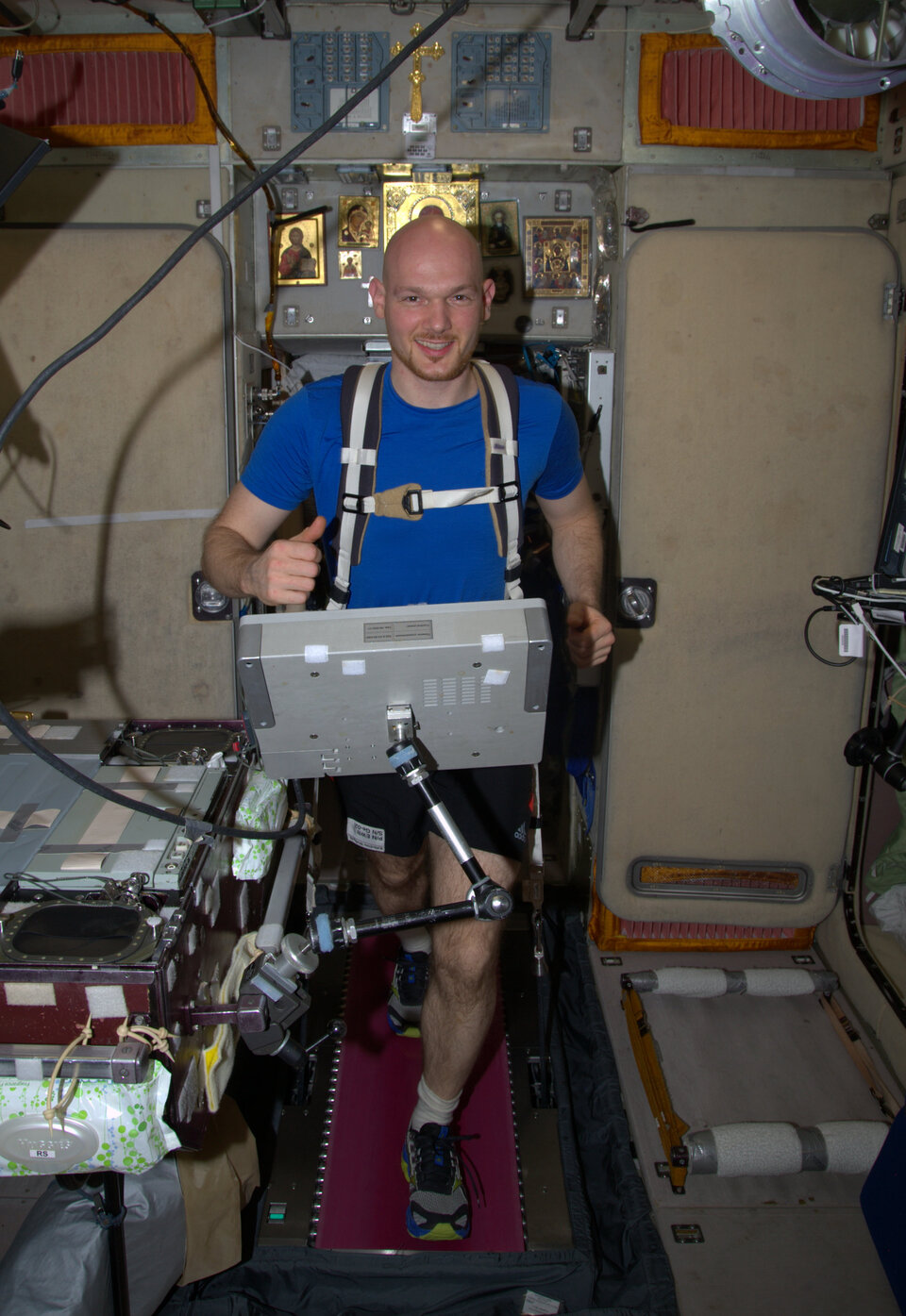
Though there is increasing interest in personalised medicine, David says many existing scientific studies downplay or even ignore individual differences.
“They instead present the average response, and suggest this what happens to everyone when in fact this might not be the case. As a result, they do not present the full picture and information about individual variability is lost,” he explains.
As a result, the researchers are now calling on scientists working in the fields of exercise, gravitational physiology, radiology, pharmacology and nutrition science. Individual data from these fields would provide insights into how individuals differ in their responses, with the hope that can lead to more effective and efficient approaches for people to stay healthy.
Get involved
Scientists interested in contributing to the research topic can do so via the open science platform Frontiers. The submission deadlines are: 5 February 2021 for abstracts and 2 July 2021 for full manuscripts.
While ESA researchers are trying to explore the phenomenon of inter-individual variability and to learn from individual data, greatest care is being taken to ensure adequate data anonymity of all submitted studies.



